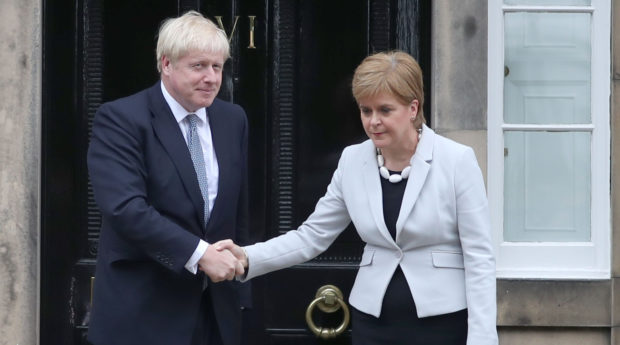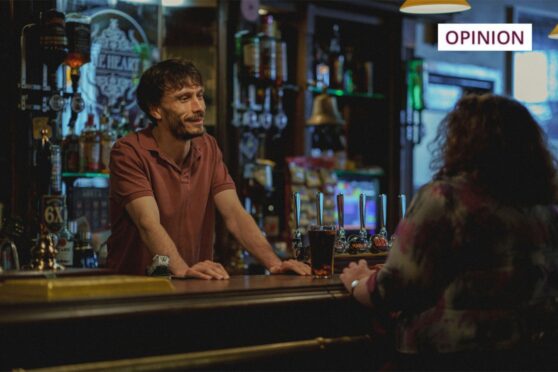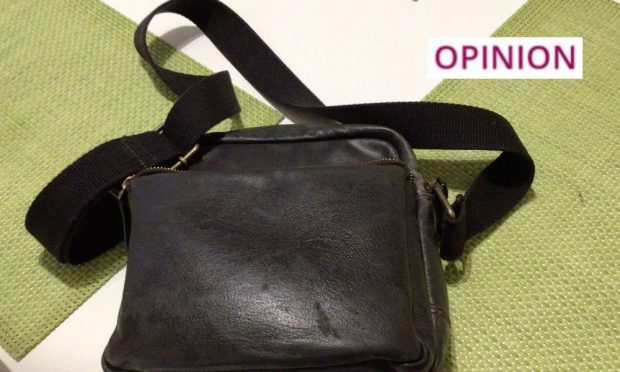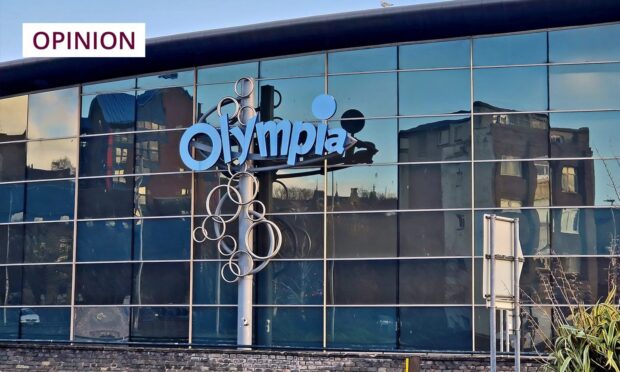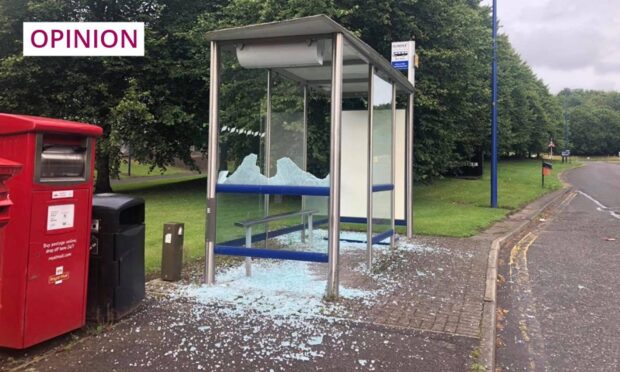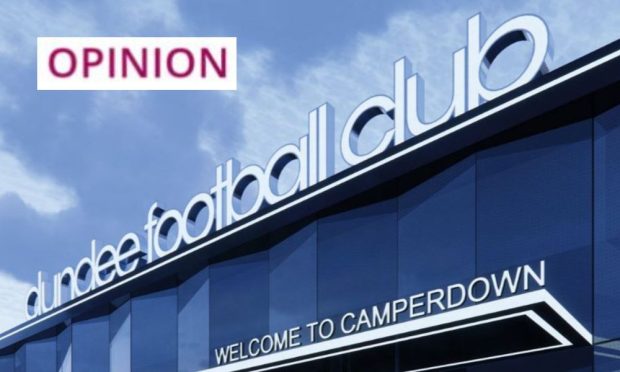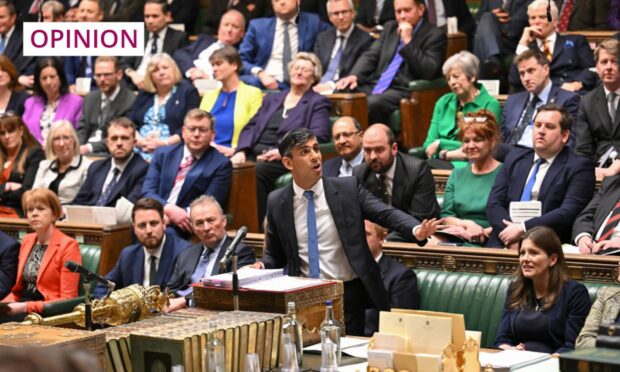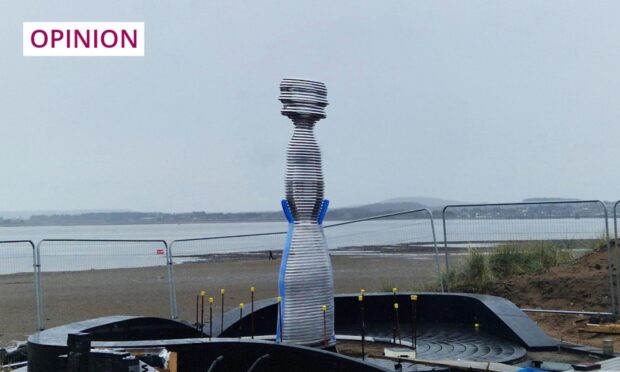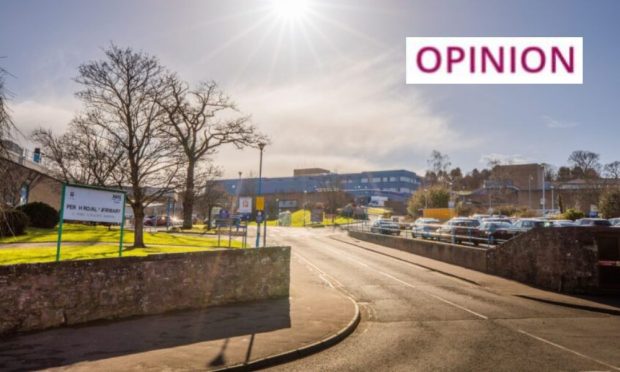Sir, – Prime Minister Boris Johnson’s alleged decision to unilaterally vacate the Brexit withdrawal treaty shows just how desperate, untrustworthy and irresponsible the Tories are.
Their Brexit negotiating hand was always weak, based upon an Imperial fantasy, a return to the days of Empire.
While singing Rule Britainnia at the Proms and whipping up hatred against refugees may play well with the Tories’ English nationalist base, it does nothing to settle post-Brexit trade arrangements.
In potentially putting up a hard border in Ireland, Boris Johnson is playing with fire. He risks restarting the conflict, all for partisan gain.
Boris Johnson always intended for there to be a hard Brexit. He has, however, consistently lied on the issue, proclaiming that an “oven-ready Brexit” was near completion.
The consequences of No-Deal will be savage austerity and state repression.
This is not hyperbole or propaganda. These scenarios were set out in the Operation Yellowhammer papers Johnson was forced to release last year.
These were stark; they warned of a 40-60 percent drop in freight coming in. This would disrupt the supply of life-saving medicines, food supplies would be adversely impacted. Warnings are given about the fuel supply. The document warns that those on the lowest incomes would be hardest hit.
Yellowhammer papers also warn of civil unrest due to the Tories’ self-inflicted ideological chaos. They state that a minimum of 3,500 troops will be on stand-by for riot control.
The Tories’ latest action should show Nicola Sturgeon there is no trustworthy negotiating partner at Westminster.
Many of us have been saying this for years.
The first minister needs a fresh approach.
Either she can make the next Holyrood election a de-facto independence referendum, or she should state she will hold an advisory referendum and then declare independence on a ‘yes’ result.
This would mean the Tories would have to act. Under Sturgeon’s current strategy they can simply say no to a referendum.
Alan Hinnrichs.
2 Gillespie Terrace,
Dundee.
Perth’s ugly ‘street furniture’
Sir, – I was appalled to see the photographs in The Courier of those ugly wooden lumps throughout Perth city centre streets.
I thought the last council administration was bad enough but the current one seems to have lost the plot entirely.
Pedestrianisation is all very well in larger towns and cities but is inappropriate in Perth which is suffering badly from an increasing lack of footfall.
Handy and useful parking places have been taken out of use.
This will only serve to further pollution as drivers go around looking for somewhere to park.
Like many others on the “shielded” list, I have a deep-seated reluctance to use public transport until I have been vaccinated so I’ll not be popping into town unless I cannot avoid it.
I feel very sorry for the shops and businesses in Perth who are struggling to survive, so whoever in the council thought that these wooden eyesores were a good idea needs to seriously re-evaluate what, if any, the benefits of these monstrosities are.
As for the open-air drinking enclosure on George Street – words fail me.
John D. Ridley.
Spoutwells Drive,
Scone.
Is it just me, or bad grammar?
Sir, – I agree with Steve Finan (Oh My Word! September 5) that the English language is a fundamental tool used by all of us.
The building blocks of this tool should be taught as soon as a child starts to verbalise and should be built on throughout a person’s life.
However, he implies that school leavers should be able to explain how they construct written or spoken English.
I have long since forgotten how to parse a sentence and freely admit to ignorance of the nine parts of English as well as never having heard of a closed class of words until now.
These shortcomings do not prevent me from being able to communicate clearly and unambiguously in both written and spoken English.
I wonder whether Steve might use his time and influence better by pointing up and correcting some of the basic errors in English grammar. They are far worse than the inability to place commas correctly, in my view.
I cite an example: ‘My wife and I have been invited to a party’ is a grammatically correct sentence.
The sentence ‘John has invited my wife and I to a party’ contains a fundamental and increasingly common error. You don’t need to know your subjective and objective pronouns to know the ‘I’ in the second sentence should be ‘me’.
I have not conducted any research into this, but doubt the blame can be laid at the door of Curriculum for Excellence, as the error is just as common among people educated in other parts of the UK.
Perhaps the use of ‘me’ in a compound object such as ‘my wife and me’ is deemed somehow impolite or vulgar, while the wrong use of ‘and I’ is thought to be refined.
It may be that this aberration will become so widespread it will one day be as acceptable as Steve’s use of the split infinitive ‘to properly teach’. I hope not.
Alexander Davis MCIL.
1 Arthurfield Green,
Kingskettle, Fife.
Korea has much to teach UK
Sir, – At an earlier stage of the coronavirus outbreak comparisons were made with South Korea as to how well they were handling the outbreak compared to the UK.
The latest comparitive figures are: Korea has 21,177 cases and 354 deaths, UK 347,000 cases and 41,500 deaths.
Scotland has 21,400 cases and 2,500 deaths.
The Korean population is 51 million, about 20 percent less than the UK
The essential differences are Korea has airport testing, the UK does not. Korea has picked up 2,900 cases at airports since April.
Korea has a general availability of coronavirus testing, the UK does not.
Korea also has an effective track and trace system, the UK only partially.
Korea has self quarantine for all arrivals for 14 days, the UK requires self quarantine for some arrivals, but not all.
There is no restriction of movement in Korea, social distancing is followed as much as practical, and face masks are generally worn.
Christian churches have been the most common source of cases within Korea with one in Daegu (5,214 cases) and one in Seoul (1,162 cases) being particularly bad.
Whilst Korea is doing quite well the regional “star” is Taiwan, with 493 cases and seven deaths.
Taiwan was by far the first country to identify the threat from Wuhan and took immediate action.
The UK Government has allowed unrestricted entry of coronavirus into the country from the very beginning, and it is now so widespread that it is difficult to control.
There has been plenty of opportunity to learn from such successful countries but the UK Government chose to do their own thing, and now you are seeing the consequences.
I normally come to Scotland from Korea for a few months each year but may well give it a miss this year.
John McKay,
Yongho Dong, Namgu,
Busan, South Korea.
